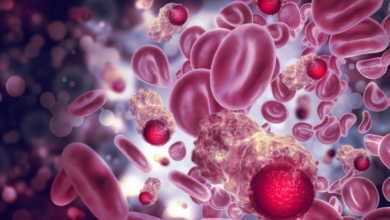Inhibin-A Screening

What is Inhibin-A Screening?
Inhibin-A is a protein produced by the ovaries. It is used as a marker in conjunction with other tests to assess the risk of multiple births (twins, triplets, etc.) during pregnancy.
Why Inhibin-A Screening is required?
Inhibin-A levels tend to be higher in pregnancies with multiple fetuses. Therefore, an elevated inhibin-A level can be an indicator of a higher risk of multiple births.
which are the method of Inhibin-A Screening?
Inhibin-A screening is typically performed as part of a maternal serum screening (MSS) panel, which includes other markers like alpha-fetoprotein (AFP) and human chorionic gonadotropin (hCG). A blood sample is drawn from the mother.
who should go for Inhibin-A Screening?
Inhibin-A screening is generally recommended for pregnant women as part of prenatal care, especially in conjunction with other markers for multiple births.
What are the results of Inhibin-A Screening?
An elevated inhibin-A level can indicate an increased risk of multiple births, but it’s not a definitive diagnosis. It’s often used in combination with other markers and ultrasound scans to assess the risk more accurately.
What are the components of Inhibin-A Screening?
Inhibin-A screening is typically part of a maternal serum screening (MSS) panel, which may include:
- Alpha-fetoprotein (AFP)
- Human chorionic gonadotropin (hCG)
- Estriol





